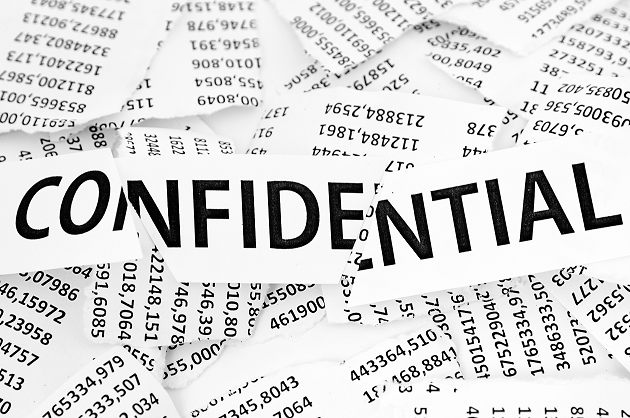One Simple Security Resolution for 2017
Home Help Center One Simple Security Resolution for 2017
It’s that time of year again, the time when we swear we’re going to go to the gym every day, give up fried foods or desserts, write that novel, run that marathon…or any other lofty New Year’s goal. Wouldn’t it be nice to make a resolution that takes literally no effort whatsoever on your part, but still stands to do you a world of good?

Here’s where the “do nothing” part comes in: when you receive a form that asks for your Social Security number, don’t write it in. When you stuff your personal documents or cards into your wallet, purse, or briefcase, leave your Social Security card behind in a locked drawer. See? DO NOTHING WITH IT!
That might sound like some tongue-in-cheek advice, and yes, there are a handful of times when someone may legally ask you to provide that highly sensitive piece of information. Getting a job, applying for a new line of credit, and opening a bank account immediately come to mind. But there are a lot of places that are not entitled to your SSN, yet might still request it. Even worse, they might not even know why they’re asking for it and they probably don’t know all the ins and outs of how they plan to protect it.
Financial guru Clark Howard has a very short list of times when it’s appropriate to give out your SSN, and unfortunately, there’s another rather long list of places where it’s absolutely not okay. Several of his “forbidden” places involve the medical industry, including your doctor’s office, a hospital, a lab facility (the kind where you might get blood drawn), or other outside medical testing provider such as an MRI imaging center. Medical facilities definitely need a solid form of unique identification in order to prevent medical mix-ups, but they also have a poor track record of both data breaches and inside job identity theft. If your SSN is written in your medical chart, there are countless numbers of people who may have legitimate authorization to see it, let alone those who are not authorized.
It’s important to remember that it is still legal for a business to refuse you service if you won’t provide your Social Security number, but that can serve as a warning, too. If someone who has no authorization to request your SSN is adamant that you supply it, that might be enough reason to consider taking your business elsewhere.
As always, anyone who believes their identity has been stolen or their personal data has been compromised is invited to connect with the ITRC through our 24-hour toll-free call center at (888) 400-5530, or on-the-go with the new IDTheftHelp app for iOS and Android.
How much information are you putting out there? It’s probably too much. To help you stop sharing Too Much Information, sign up for the In the Loop.
Get ID Theft News
Stay informed with alerts, newsletters, and notifications from the Identity Theft Resource Center

